Feroza Begum
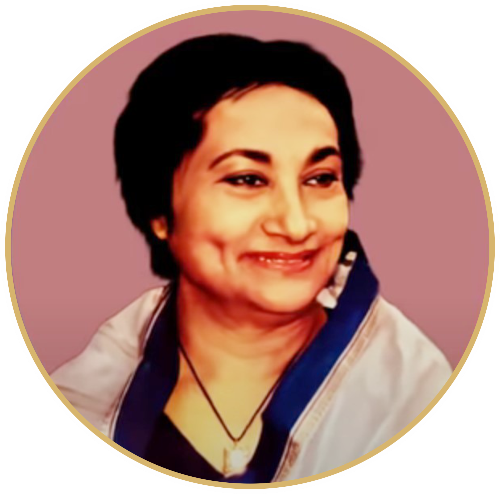
Subscribe to read full article
This section is for paid subscribers only. Our subscription is only $37/- for one full year.
You get unlimited access to all paid section and features on the website with this subscription.
Not ready for a full subscription?
You can access this article for $2 , and have it saved to your account for one year.
- Born: 28 July 1930 (Faridpur, Bengal Presidency, British India)
- Died: 9 September 2014 (Dhaka, Bangladesh)
- Primary Cinema: Bengali
- Parents: Kowkabunnesa Begum and Khan Bahadur Mohammad Ismail
- Spouse: Kamal Dasgupta
- Children: Tahsin Ahmed, Hamin Ahmed and Shafin Ahmed
Legendary Nazrul singer Feroza Begum was also a highly versatile artiste and could perform various genres of modern music as well as Rabindra Sangeet, Adhunik Bangla songs, ghazal, qawali and bhajan. She is known for films such as Badhu Bharan (1967), Keno Emon Hoy (1975) and Chillar Party (2011). Some of her most popular songs include Tum bhulaaye na gaye, Tu chupke chupke bol, Ae chand chup na ja, as well as the Nazrul songs Patha cholite Jodi, Ami jaar nupurer, Naachey irani meye, and Bagichay bulbul tui, among many others. Credited with reviving the glory of Nazrul Sangeet, she infused new life into it, at a time when the music genre was in a state of decline. Through her unique style of presentation and delivery of songs, she emerged as the most prominent Nazrul Sangeet singer in the subcontinent. She is regarded as an icon for the generations that followed hers in the world of Bangla music. In 2013, the West Bengal government conferred upon her the title of ‘Mahaguru’ for her contribution to the field of music.
Born into an aristocratic Muslim family on 28 July 1930, she was the third child of father, Khan Bahadur Mohammad Ismail, an eminent lawyer, and her mother Kowkabunnesa Begum. Drawn to music in her childhood, she would render songs listening to contemporary music on records of the then-popular singers such as Aashchorjomoyee Devi, Sati Devi, Angur Bala, Indu Bala and Swarnokumari Devi in her home. She started formally learning music at the age of 13 from Chitta Roy in Calcutta. After a year, she started her training in music under the direct supervision of the legendary music director and composer of the Indian subcontinent, Kamal Dasgupta. She was 14 when her first album was released from Columbia Records, Calcutta.
Around this time, she happened to meet the national poet of Bangladesh, also known as the rebel poet - Kazi Nazrul Islam at the studio of the music company His Masters Voice (HMV). She sang a few songs in his presence. Her voice immediately caught Nazrul’s attention and he called upon Kamal Dasgupta—who tuned many of Nazrul’s famous songs--to train her under his guidance.
While Feroza Begum also rendered Hindi geet and modern Bengali songs, she was gradually drawn to Nazrul songs and later concentrated entirely on them. Nazrul Sangeet or the music of Nazrul, refers to the songs written and composed by Kazi Nazrul Islam, the national poet of Bangladesh. The nearly 4,000 songs written and composed by Nazrul, incorporate revolutionary notions as well as more spiritual, philosophical and romantic themes. Her relentless efforts enabled her to transform Nazrul Geeti to Nazrul Sangeet during her lifetime. Known as "the rebel disciple of the rebel poet," her rendering of Shawono rate jodi was a super hit, for which she received the Golden Disk award. She also popularized modern Bengali songs composed by Kamal Dasgupta such as Emoni borosha chilo shedin, Ei kigo shesh daan, and Potho hara pakhi, among others.
Her work in films saw her render songs for the 1967 Dilip Nag directorial Badhu Bharan, starring Abhi Bhattacharya, Ajoy Biswas, Bharati Devi, Rakhee Gulzar, Pradeep Kumar, Bikash Roy and Gitali Roy. In 1975, she sang for the Amol Bose directed drama film Keno Emon Hoy, starring Bobita, Ujjal and Prabir Mitra.
She also performed in more than 300 solo stage performances in West Bengal. Travelling to the USA, Europe and Australia to perform on stage, she enthralled audiences with her melodious rendering of famous songs.
Feroza Begum remained in Calcutta after Independence in 1947 but later moved to Bangladesh with her family and continued her singing career. She married music director Kamal Dasgupta, who converted to Islam before the marriage and took the name Kamal Uddin Ahmed, in 1956. They were married till Kamal Dasgupta passed away in 1974. They had three sons - Tahsin Ahmed who is a musician and resides in the USA, Hamin Ahmed and Shafin Ahmed. Hamin Ahmed and Shafin Ahmed are professional musicians. They are members of popular Bangladeshi rock band Miles. Shafin Ahmed is also a talented Nazrul sangeet singer.
Her quest for excellence in performing Nazrul Sangeet brought her many awards. These include the Independence Award conferred by the government of Bangladesh in 1979, the Banga Samman Award conferred by the government of West Bengal in 2012 as well as the title of 'Mahaguru' conferred in 2013 for her lifelong contribution to music, as well as the highest award in West Bengal - Banga Bibhushan in music in 2015. She also received numerous awards through the course of her 78 years in music, such as the Netaji Subhas Chandra Bose Sammanona, Satyajit Ray award (1992), Doctor of Literature (D. Litt) from the University of Burdwan, and the Golden Disk award from the Japanese record company CBS.
Feroza Begum passed away on 9 September 2014, at the age of 84.
An epitome of excellence, she remains as the gold standard of a true artist and has acquired a permanent place in the hearts of millions of her fans. In her honour, the University of Dhaka confers the Feroza Begum Gold Medal every year to a nationally deserving vocal artist.







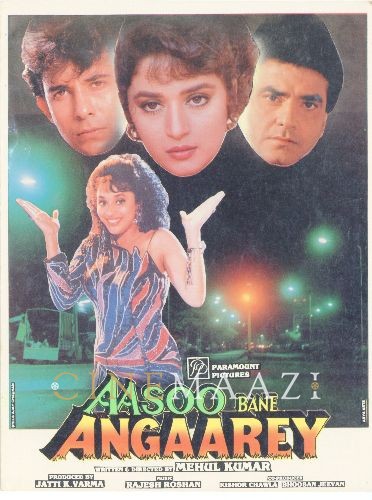
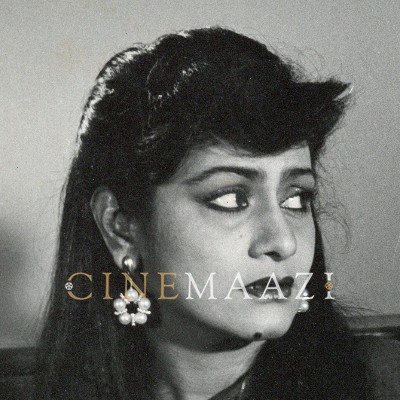

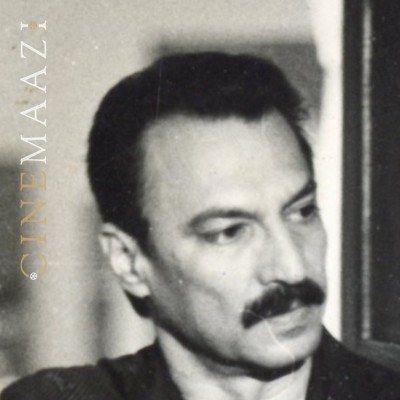
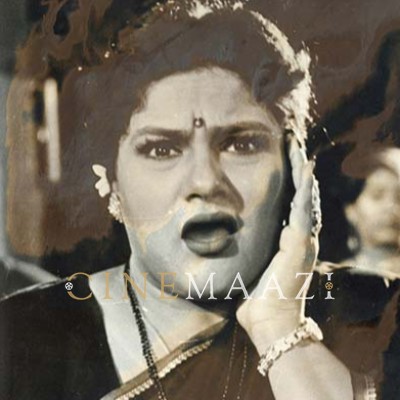

.jpg)



